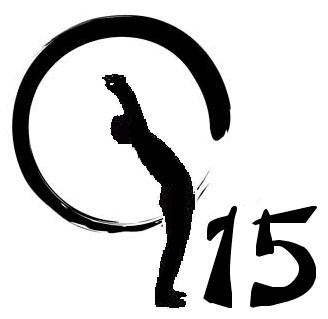Many years before I learned the specific skills for healing others with Qigong, I taught people how to heal themselves. I still prefer this route of healing. Believing very much that giving a man a fish is not as good as teaching him how to fish.
Whilst working with a particular student I discovered that there are two essential keys for recovery. These same keys apply to all aspects of recovery. Let me share them with you:
Gradual Progress – Here’s an extreme example. If you have never run further than from the front door of your house to the car because it’s raining heavily, then deciding to run a marathon tomorrow isn’t going to work. You’re going to have to make gradual progress if you want to succeed.
It’s the same with your recovery. Wether it is recovery from a physical or psychological illness. Recovery is a gradual progress. Occasionally I have experienced rapid recovery with students. But this is the exception and not the norm. I’ve come to know this as ‘Playing Your Edge’ and I wrote about this in my Qigong Daily book.
Consistant and Regular Practice – I keep saying it, but Qigong is no 30 day miracle cure. It can take three to six months to notice significant improvements in health and that’s with the benefit of learning from a good teacher. But I will quickly add that you’ll start to feel better from day one.
How to apply these two keys to your Qigong practice.
- You should set your vision right now for your practice and give yourself a reasonable time frame to reach this vision.
- Remember that all recovery starts from the heart. Once you have learned the necessary techniques and qigong exercises you must be convinced that it is worth your effort to recover and indeed that it is possible to make a full recovery.
The two keys of Gradual Progress and Regular Practice applies to all aspects of recovery wether physical or psychological. Make sure you apply them to your Qigong training and experience for yourself the benefits.
Bye for now…
Marcus James Santer
